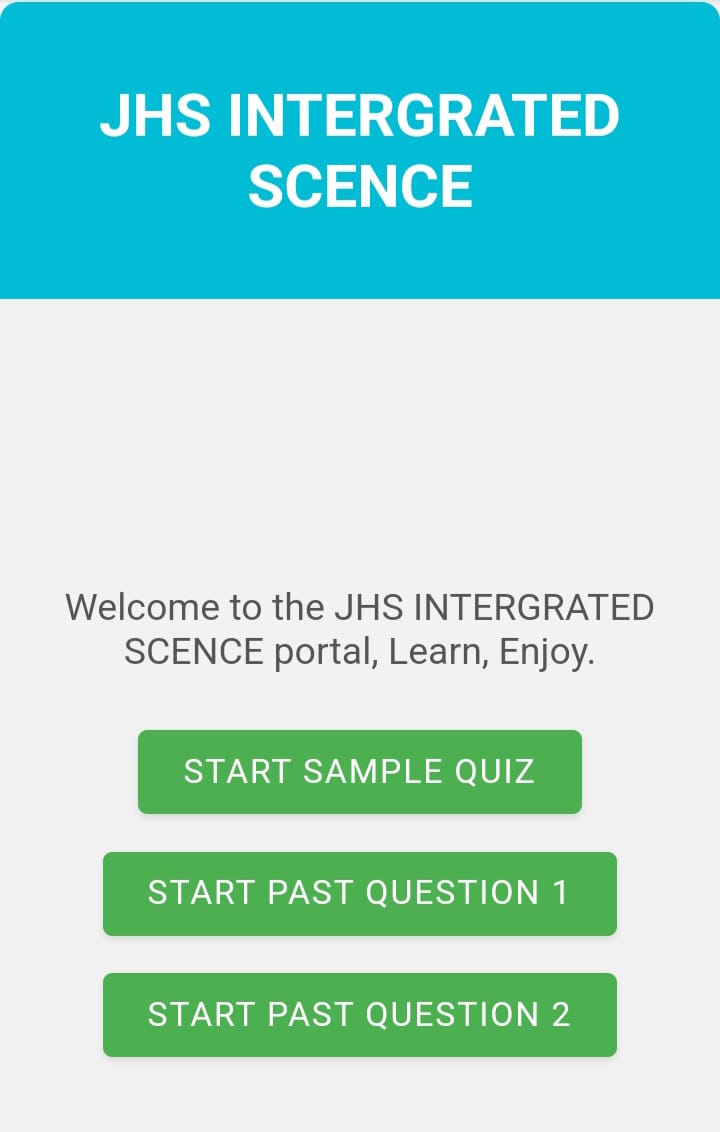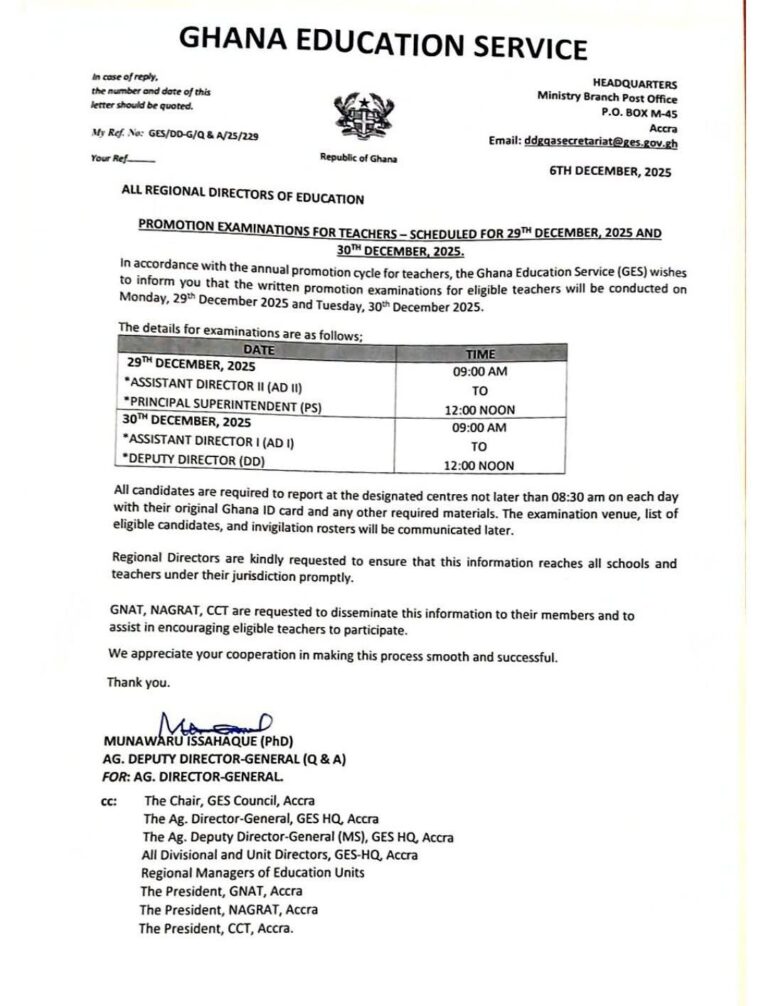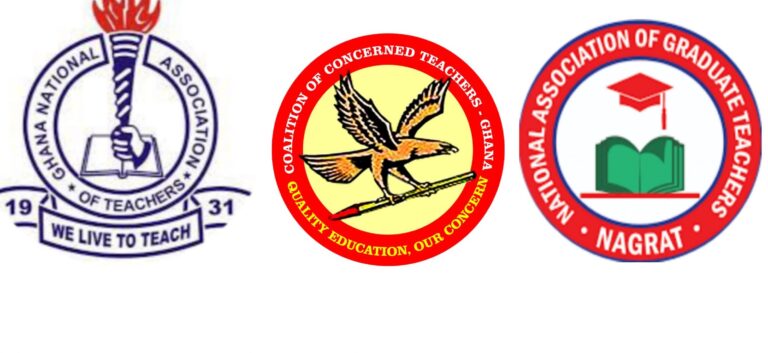
Content Development and Classification of Test Items for JHS Integrated Science
National Teaching Council (NTC)
Overview
This structured breakdown presents the Content Areas, Competencies, Descriptive Statements, and Test Blueprint for Junior High School (JHS) Integrated Science in the Ghana Teacher Licensure Examinations.
Content Areas & Competencies
1. Nature of Soil
-
Competencies:
-
Understand soil formation (weathering).
-
Identify soil properties and profile.
-
-
Descriptive Statements:
-
Illustrate soil formation processes.
-
Label and describe soil profile layers.
-
2. Elements, Compounds, and Mixtures
-
Competencies:
-
Differentiate elements, compounds, and mixtures.
-
Explain atomic structure and ionic formation.
-
-
Descriptive Statements:
-
Use examples (e.g., H₂O, NaCl) to show compound formation.
-
Draw atomic models and balance chemical equations.
-
3. Acids, Bases, and Salts
-
Competencies:
-
Classify acids/bases (e.g., pH scale).
-
Prepare salts and explain their effects.
-
-
Descriptive Statements:
-
Compare HCl (acid) vs. NaOH (base).
-
Demonstrate neutralization reactions.
-
4. Soil and Water Conservation
-
Competencies:
-
Analyze erosion causes/effects.
-
Evaluate fertilizer impacts.
-
-
Descriptive Statements:
-
Investigate terrace farming to prevent erosion.
-
Debate organic vs. chemical fertilizers.
-
5. Reproduction in Humans
-
Competencies:
-
Identify reproductive system parts/functions.
-
Explain puberty stages.
-
-
Descriptive Statements:
-
Label male/female reproductive diagrams.
-
Discuss menstrual cycle hormonal changes.
-
6. Light Energy
-
Competencies:
-
Explain light propagation, shadows, and eclipses.
-
-
Descriptive Statements:
-
Model solar/lunar eclipses.
-
Demonstrate refraction using prisms.
-
7. Photosynthesis
-
Competencies:
-
Describe the process:
6CO₂ + 6H₂O → C₆H₁₂O₆ + 6O₂ -
Analyze light/dependence experiments.
-
8. Infectious Diseases
-
Competencies:
-
Link pathogens (e.g., malaria) to prevention.
-
-
Descriptive Statements:
-
Compare vector-borne (mosquitoes) vs. airborne (COVID-19) diseases.
-
Test Blueprint (JHS Integrated Science)
| Theme | Content Area | L1 (Recall) | L2 (Skills) | L3 (Strategic Thinking) | L4 (Extended Thinking) | Total |
|---|---|---|---|---|---|---|
| Diversity of Matter | Nature of Soil | 1 | 2 | – | 2 | 5 |
| Acids, Bases, Salts | 1 | 1 | 2 | – | 4 | |
| Cycles | Life Cycle of Flowering Plants | 1 | 1 | 2 | 1 | 5 |
| Systems | Human Digestion | 1 | 2 | 2 | 1 | 6 |
| Energy | Light Energy | 1 | 1 | 1 | 1 | 4 |
| Interaction of Matter | Magnetism | – | 1 | 1 | 2 | 4 |
| Total | 15% | 25% | 30% | 30% | 100% |
Key Focus Areas
-
Higher-Order Thinking (L3/L4): 60% (e.g., designing erosion solutions, analyzing disease data).
-
Foundational Knowledge (L1/L2): 40% (e.g., labeling diagrams, defining terms).
Follow us for more updates: https://whatsapp.com/channel/0029VaCyYGIFHWpx22L38a2K




